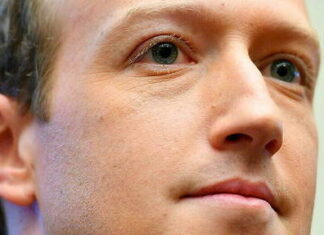In 2025, more than one in two smartphones sold will be foldable. In any case, this is the prediction of Roh Tae-moon, head of Samsung’s mobile business: in an interview with the Wall Street Journal, he bet on the success of these models which are furiously reminiscent of our flip phones from the late 1990s – ah, the Nokia 3310! According to the South Korean manufacturer, Samsung’s foldable phones attract three times more customers than its traditional phones.
You can use it to take selfies, like on the Galaxy Flip 4 – which looks like an eyeshadow palette – which, placed in an L on a table, allows you to make Instagram or TikTok stories. For its part, the Fold 4 allows you to manage several applications at the same time, such as taking notes during a videoconference broadcast on part of the screen, or even dragging and dropping a photo from its gallery to a Powerpoint presentation. This latest model also allows you to fill in an Excel table, zoom in on a Google Maps map or even immerse yourself in a series on Netflix.
Despite the context of a shortage of semiconductors, smartphone manufacturers Huawei, Honor, Xiaomi, Motorola and Oppo have all developed foldable models, which they initially reserve for the Chinese market. Oppo even presented a prototype of a phone… that can be rolled up, like the subcontractor Royole. But, before presenting it to the general public, it would ideally be necessary to house a front camera on this flexible screen, which is still very difficult for the moment.
What do the Brazilian meat distributor JBS and the Corbeil-Essonnes hospital center have in common? Both were victims of a ransomware cyber attack: malicious software installs itself on a computer and blocks access to computer tools by encrypting them. A hacker then demands payment of a ransom in exchange for a decryption key. The operation can take place on the computer of any collaborator. In the age of teleworking, the place of installation of “digital nomads” therefore has an influence on their vulnerability, explains the American company Reboot Digital.
Section edited by Guillaume Grallet
Samsung (x2) – ROYOLE


















